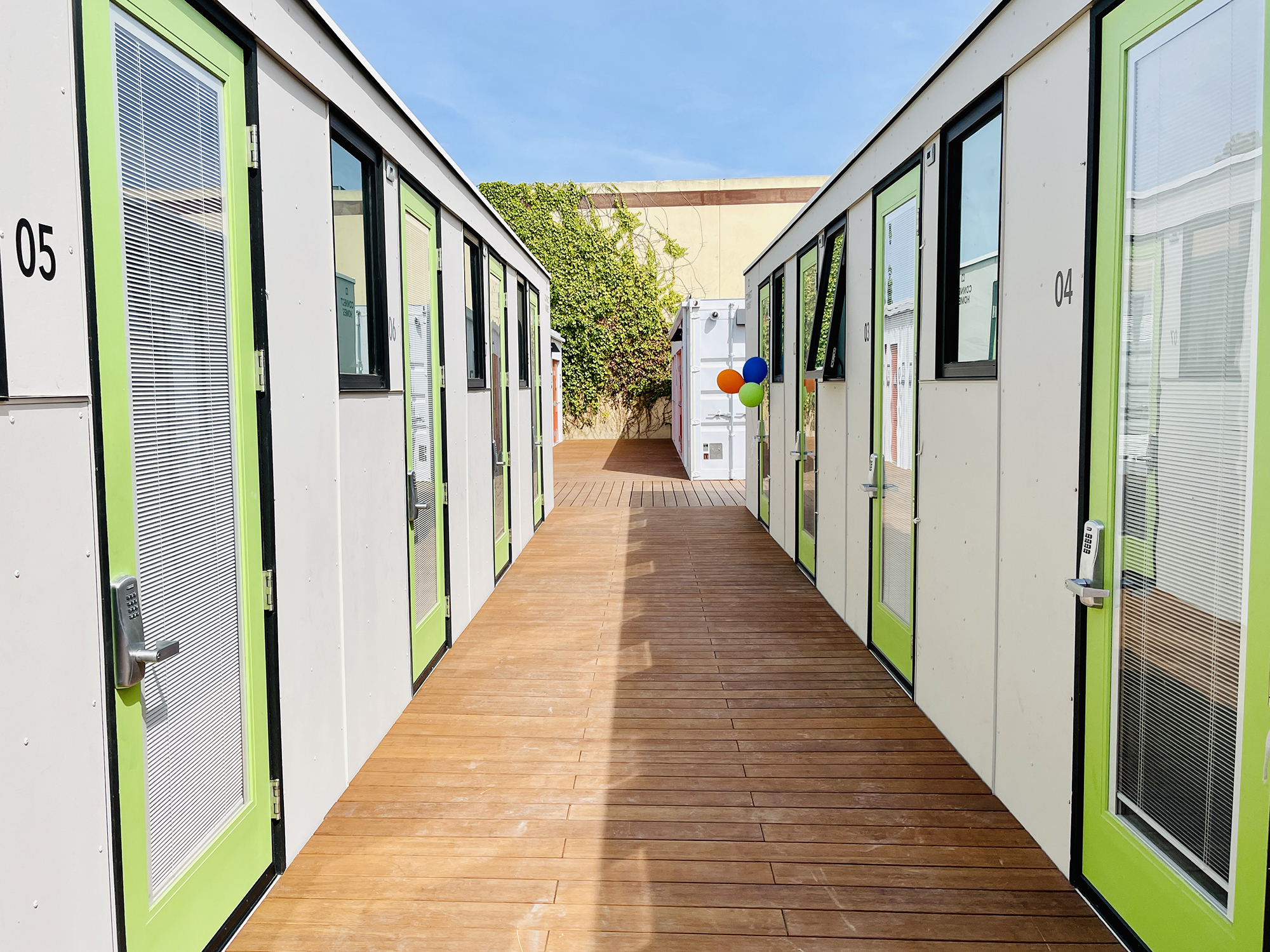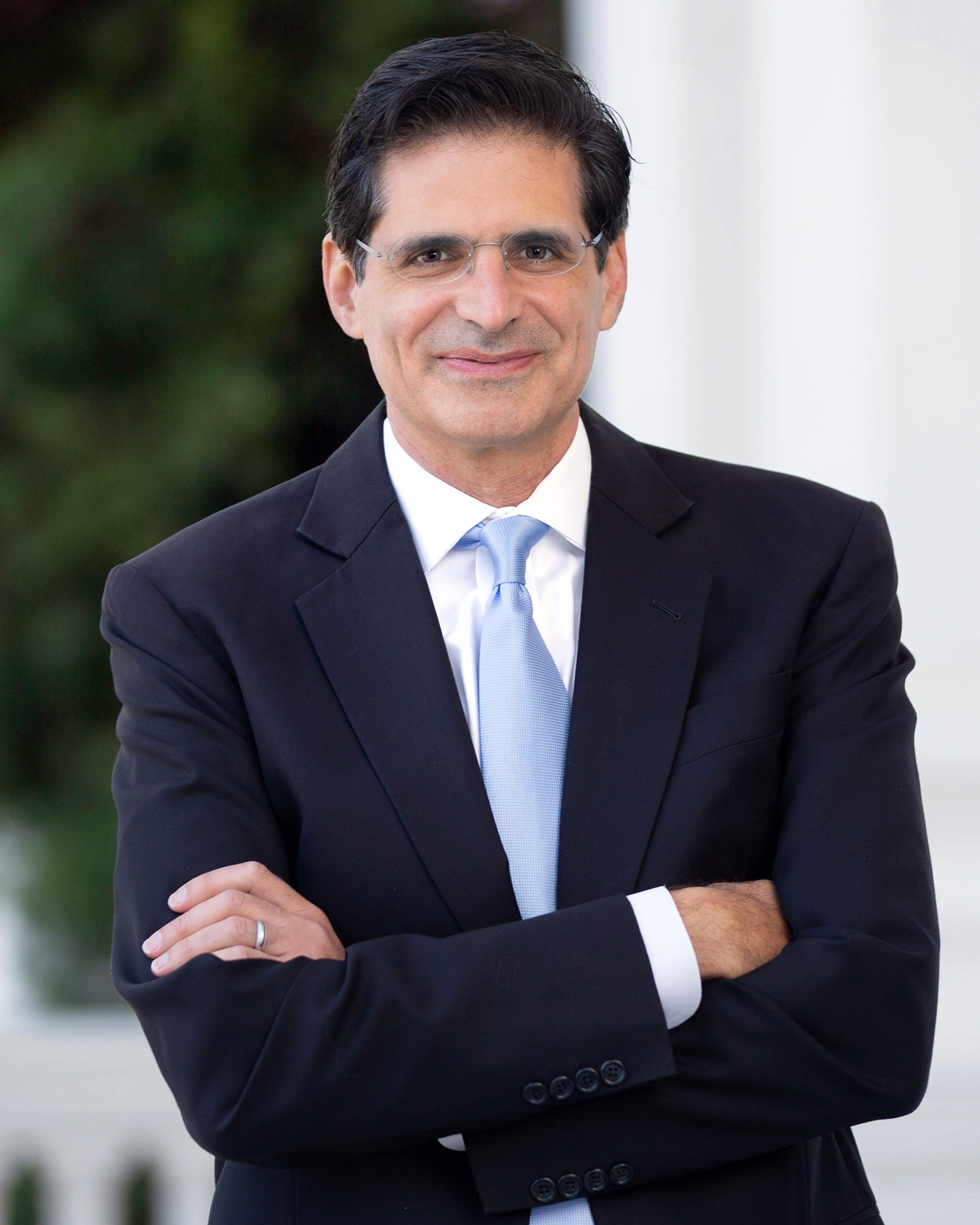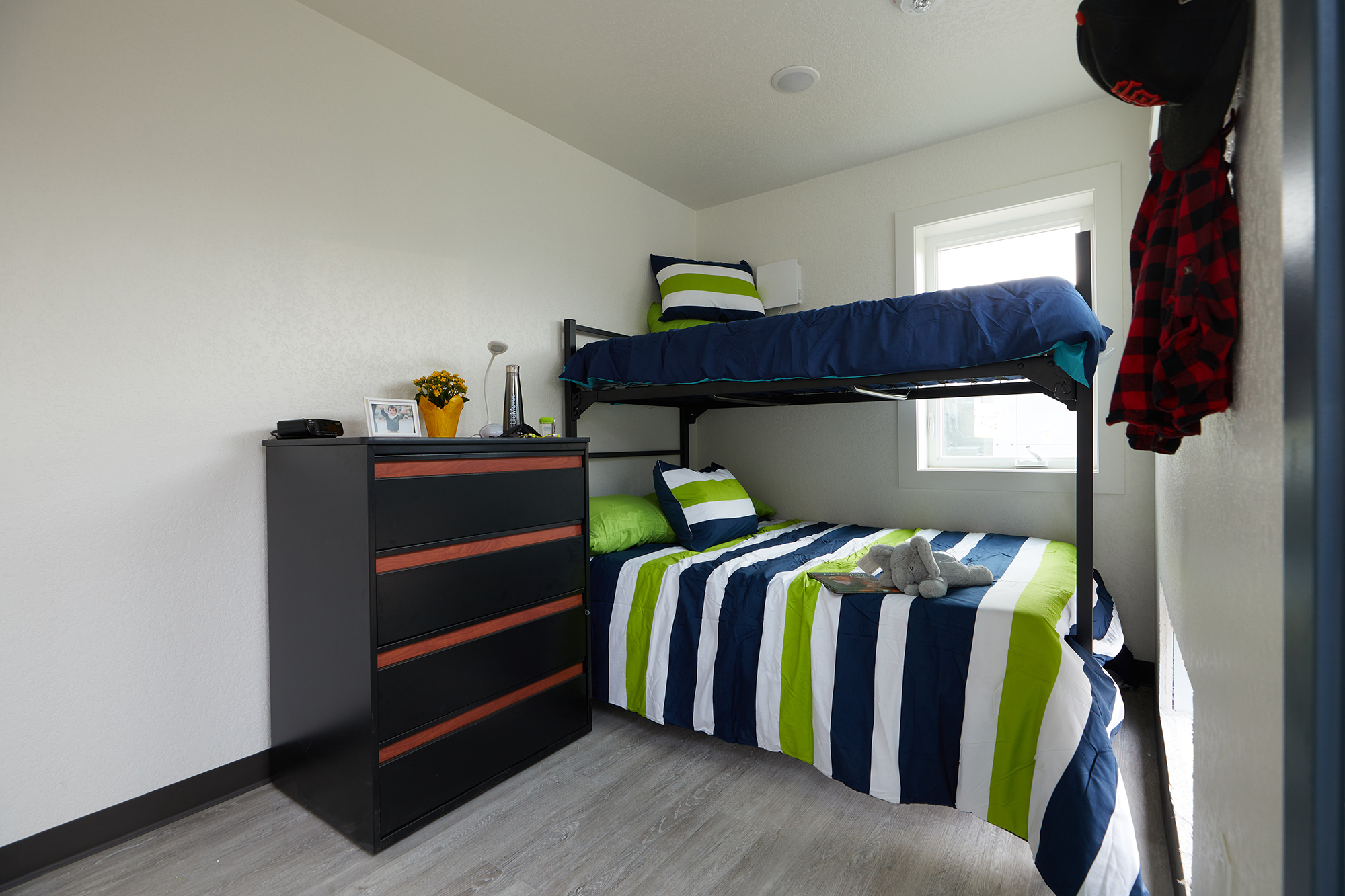With cities throughout California struggling to meet the state's affordable housing goals, state Sen. Josh Becker has authored a bill that would make more funding available for below-market-rate projects and expand the types of development that would qualify as "low-income" housing.
Becker's bill, Senate Bill 1094, aims to offer a financial boost to cities that have failed to meet their obligations for affordable housing under the Regional Housing Needs Allocation (RHNA) process, a regional quota system that requires jurisdictions to plan for a certain number of dwellings in each income category over an eight-year planning cycle.
Each city is required by law to submit for approval to the state Department of Housing and Community Development a document that lays out the city's strategies for meeting the regional goals and identifies sites that could accommodate housing.
Cities without compliant documents, known as housing elements, become ineligible for various state grants relating to housing development and community services, most notably the Community Development Block Grant.
Becker's bill looks to counter what he sees as an unfortunate side-effect of this punitive approach: its targeting of the very nonprofit developers that cities depend on to build the needed housing. In a statement announcing the bill, Becker pointed to two existing programs – the Infill Infrastructure Grant Program and the Affordable Housing and Sustainability Communities Program – that prevent nonprofits from accessing funding if their jurisdiction has a non-compliant housing element.
This penalty, he argued, is counterproductive and "makes absolutely no sense." Rather than helping local governments build affordable housing, it punishes the very developers that are trying to do that, he said. SB 1094 would eliminate the policy and allow the developers to tap into the state funding.
"We've seen cities here really struggling to meet their RHNA goals, especially for low- and very-low-income housing," Becker said in an interview. "But the state hasn't been really coming through and doing its part in providing money for affordable housing. We're looking to find creative approaches.'
The proposed legislation would also help cities meet their affordable-housing goals by giving them credit for new types of housing developments, including "transitionary housing" for homeless residents and families along the lines of what LifeMoves built in Mountain View in 2021. The development at 2566 Leghorn St. provides shelter and case management for 100 households, with the goal of ultimately helping them find permanent homes. Built in just six months, the housing development was touted by Gov. Gavin Newsom as a model development "without precedent" in California.
Palo Alto is now trying to build a similar project on San Antonio Road east of U.S. Highway 101, and has applied for funding under the state's Homekey program, which allocated $14.4 million to the Mountain View development.
Palo Alto's effort suffered a setback last month, however, when the Department of Housing and Community Development notified the city that the state's Homekey funds for the city's geographic region have already been fully allotted. Homekey Program Manager Paul Dulai noted, however, that the city's application remains under review "and may be funded as funds become available."
Becker noted that, for all the praise of "interim housing," projects like the Leghorn Street development are currently not counted when determining a city's compliance with regional mandates. SB 1094 would change that by giving housing credits to jurisdictions that create interim housing for homeless individuals.
Joanne Price, a vice president at LifeMoves, which is spearheading the Palo Alto project, said that "flexible interim solutions" like the one her organization is working on are "important tools on the spectrum of housing."
"It's not an either-or; it's both, and more of both," Price said in a statement. "Isn't it time that these types of solutions be considered towards some kind of housing allocation?"
Becker's bill would also give credit to communities that convert existing housing stock into affordable units and that participate in "home-sharing" programs that match people whose houses have extra rooms with those looking for a place to live.
Becker said that he knows people who have had great experiences with home-share programs. Jurisdictions, he argued, should get credit for having programs that encourage them.
"I know from knocking door-to-door that there are a lot of big houses in the area with just one or two people in them and a spare bedroom or two," Becker said.
Both components of the bill – freeing up money for affordable housing and giving cities credit for building interim housing, converting market-rate units to below-market-rate and launching home-share programs – represent creative approaches to helping jurisdictions meet their state mandates for affordable housing, he said.
"Removing affordable housing for cities that don't have a compliant housing element is counterproductive," Becker said. "And the bill is supporting innovative solutions that we think should count."
Becker's bill is set to be reviewed by the Senate Rules Committee in the coming weeks. Locally, several elected officials, including Mountain View council member Margaret Abe-Koga and Menlo Park council member Ray Mueller, have already come out in support of the legislation.
Abe-Koga said in a statement that the legislation will "unlock much-needed state funding to enable more affordable housing developers to build affordable units in partnership with cities." Mueller said the bill "proposes smart methods" to help cities build affordable housing and "gets rid of a punitive self-defeating barrier to affordable housing financing."
"Cities need a partner in the state to help knock down obstacles jurisdictions face when trying to build common-sense affordable housing," Mueller said in a statement.





Comments